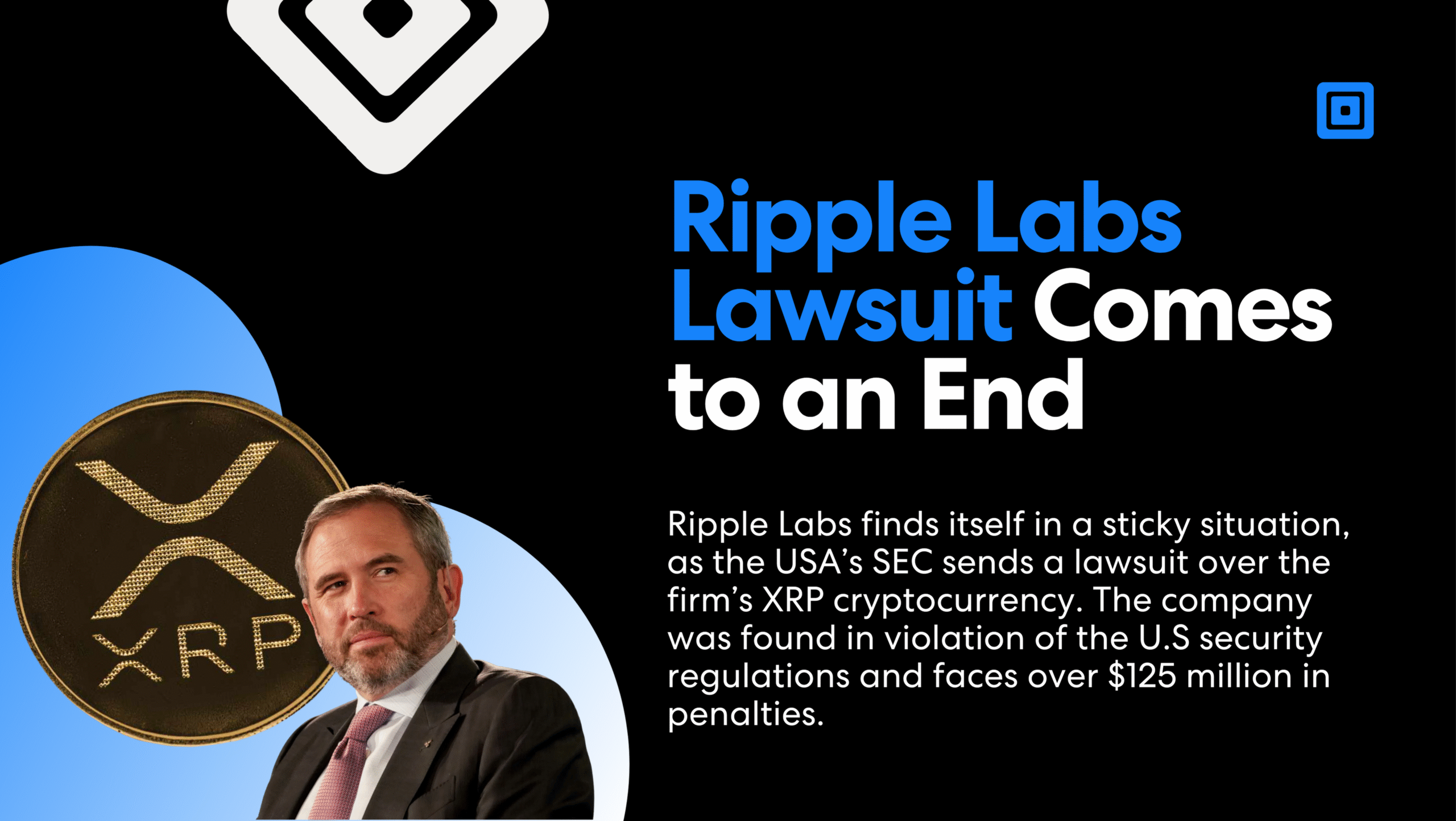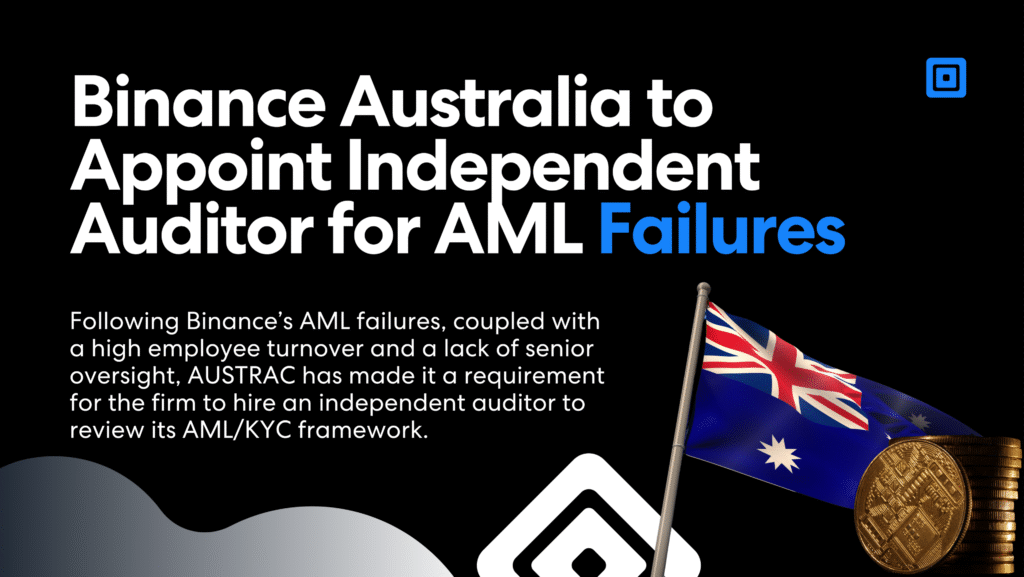👋 Welcome back to CryptoCubed!
Hey! I’m sure you’ve missed us (or maybe it’s just us), so sit tight as we welcome you back to the latest edition of CryptoCubed. August has seen a wild ride in the crypto sector. From Ripple Lab’s high-stakes lawsuit to President Trump’s executive orders for crypto debanking, the crypto scene is buzzing with drama, one that you don’t want to miss!

Ripple Labs Crypto Fine Saga Comes to an End
In December 2020, American blockchain and digital payments company, Ripple Labs found itself in a messy situation when the firm was handed a lawsuit by the U.S. Securities and Exchange Commission (SEC). According to the SEC, Ripple Labs sold its cryptocurrency XRP as an unregistered security to institutional investors, raising over $1.3 billion. The debate revolved around whether XRP should be classified as a security under U.S law or simply as a digital asset such as Bitcoin or Ethereum.

Securities regulation in the U.S crypto sector involves the laws and rules that govern the issuance and trading of financial assets, including cryptocurrency. This law is designed to protect investors and requires crypto firms to disclose key facts if what they’re selling is considered a security. In 2023, a federal judge came to the verdict that XRP sales to retail buyers were not considered securities transactions; however, direct sales to investors were. The settlement ended with Ripple agreeing to pay a civil penalty of $125 million. Both parties dropped the settlement in August 2025, solidifying the fine.
While the case ended with a positive outcome for Ripple Labs, this could have been mitigated from the beginning if the firm was in compliance with U.S securities laws from the outset. Although the primary issue was securities regulation, specifically around institutional sales of XRP, the case highlights the increasing scrutiny on crypto firms to adhere not only to securities laws but also to broader compliance frameworks, including Anti-Money Laundering (AML) and Know Your Customer (KYC) obligations.
For more on this story, click here.
Donald Trump Threatens Enforcement Actions for Crypto Debanking
U.S. President Trump has officially signed an order titled “Guaranteeing Fair Banking for All Americans.” The executive order aims to demolish the practice of debanking, which refers to financial institutions refusing services to certain parties or individuals due to political, religious beliefs, and business activities, including crypto firms. A primary focus of the order is to protect crypto firms against perceived discrimination, further reinstating his advocacy for cryptocurrency.

The order calls for banks to make objective, risk-based decisions when assessing clients and businesses, making the balance between ensuring fair access and existing AML/KYC regulations much more delicate. Financial institutions might face operational challenges, as they aim to maintain strict AML compliance, especially with crypto firms, while also proving compliance with the new constraints on debanking. Regulators are given 180 days to review their debanking practices, ensuring that they reinstate any parties that have been removed unfairly.
For more on this story, click here.
New York-based Blockchain Firm Paxos Faces $48.5 Million Fine for AML Failures
The New York Department of Financial Services (NYDFS) has fined Paxos a heft $48.5 million after it was found that the firm did not uphold its AML framework in its partnership with Binance on the BUSD stable coin. Investigations showed that Paxos failed to maintain ongoing due diligence on Binance, including regular reporting and reviews of Binance’s AML/KYC and sanctions policies.

Paxos AML structure lacked crucial controls to effectively prevent suspicious and illegal activities. This meant that fraudsters were able to access its services through deceitful accounts or fake IDs. Further search revealed over $1.6 billion in suspicious transactions going through Binance. Part of the $48.5 million fine includes a $22 million focused on improving its compliance systems. This case highlights the importance of AML/KYC, not just on customers, but also on a company’s partnerships, in order to prevent money laundering and terrorist financing.
For more on this story, click here.
AUSTRAC Instructs Binance Australia to Appoint External Audit
The Australian Transaction Reports and Analysis Centre (AUSTRAC) has ordered Binance Australia to establish an independent external auditor, following concerns about Binance’s AML and Counter-Terrorism Financing (CTF) controls. Founded in 2017, Binance is the biggest crypto exchange by trading volume. This move marks AUSTRAC’s key focus on the crypto sector as a high-risk environment, requiring these firms to implement stronger customer due diligence and enhanced identity checks to align with local regulations.

In his statement, Mr Thomas mentions that while global organizations have cross-border AML/CFT policies in place, this might not be adequate in meeting local and regional laws.
AUSTRAC is committed to working with industry to ensure strong safeguards are in place to make it harder for criminals to move and conceal illicit funds using digital currencies — AUSTRAC CEO, Brendan Thomas
AUSTRAC had also noted that Binance had high employee turnover, as well as a lack of senior management oversight, bringing about concerns on the effectiveness of its AML programs. Binance Australia has 28 days to nominate external auditors to review its AML/KYC framework for AUSTRAC’s consideration.
For more on this story, click here.
VARA Penalizes Fuze as it Aims to Press the Brakes on Dubai’s Rapidly Expanding Virtual Assets Sector
Dubai’s Virtual Assets Regulatory Authority (VARA) recently fined Fuze, also know as Morpheus Software Technology FZE for its significant AML gaps. Formal investigations began in April this year, with VARA finding massive defencies in Fuze’s AML program, including its internal system controls and governance. Fuze was also exposed for breaching its license by conducting unlicensed virtual assets activities.

The total financial penalty amount was not disclosed; however, Fuze accepted the penalties and followed up with a remediation plan to fix its AML gaps. The company took proactive steps such as appointing an independent “Skilled Person” to oversee and maintain progress on the remediation plan. Additionally, Fuze has also appointed a Chief Compliance Officer, Head of Risk, and Head of Legal to further support its aim to strengthen and maintain compliance with regulations in the UAE.
This enforcement underscores VARA’s resolve to uphold stringent AML/KYC standards amid Dubai’s rapidly expanding crypto sector, signaling to all market participants the critical importance of compliance in safeguarding the UAE’s financial system.
For more on this story, click here.
Time for Your Monthly CryptoCubed Poem
So you’ve made it to the end of our newsletter. It’s time to enjoy a little satire, worthy reader, you’ve earned it.
🔥THE CRYPTO CUBED POEM: AUGUST🔥
Ripple paid its price, the storm finally calmed,
Yet the echoes remind that compliance disarmed.
Paxos was fined for its lapses with care,
As billions slipped through where controls weren’t there.
Binance in Australia faced auditors’ gaze,
Their weak oversight fueling AUSTRAC’s daze.
Dubai struck at Fuze, exposing gaps wide,
While Trump shields crypto from debanking’s tide.
Stay tuned for our newsletter at the end of this month, and have a great day ahead!




